
Anatomy of Grays: Sex
Jim held a gray spheroid up to the light. “So Doc, you’re saying the sex of this alien was…
February 13, 2017
Jim held a gray spheroid up to the light. “So Doc, you’re saying the sex of this alien was…
February 13, 2017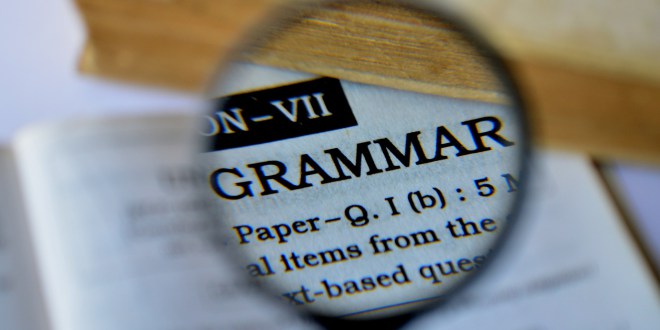
For this post, I’m suggesting some books that you may want on your bookshelves or your may want to…
January 17, 2017
The autopsy window allowed Jim a clear view of the good doctor’s grim work. The gray-skinned corpse had been…
January 16, 2017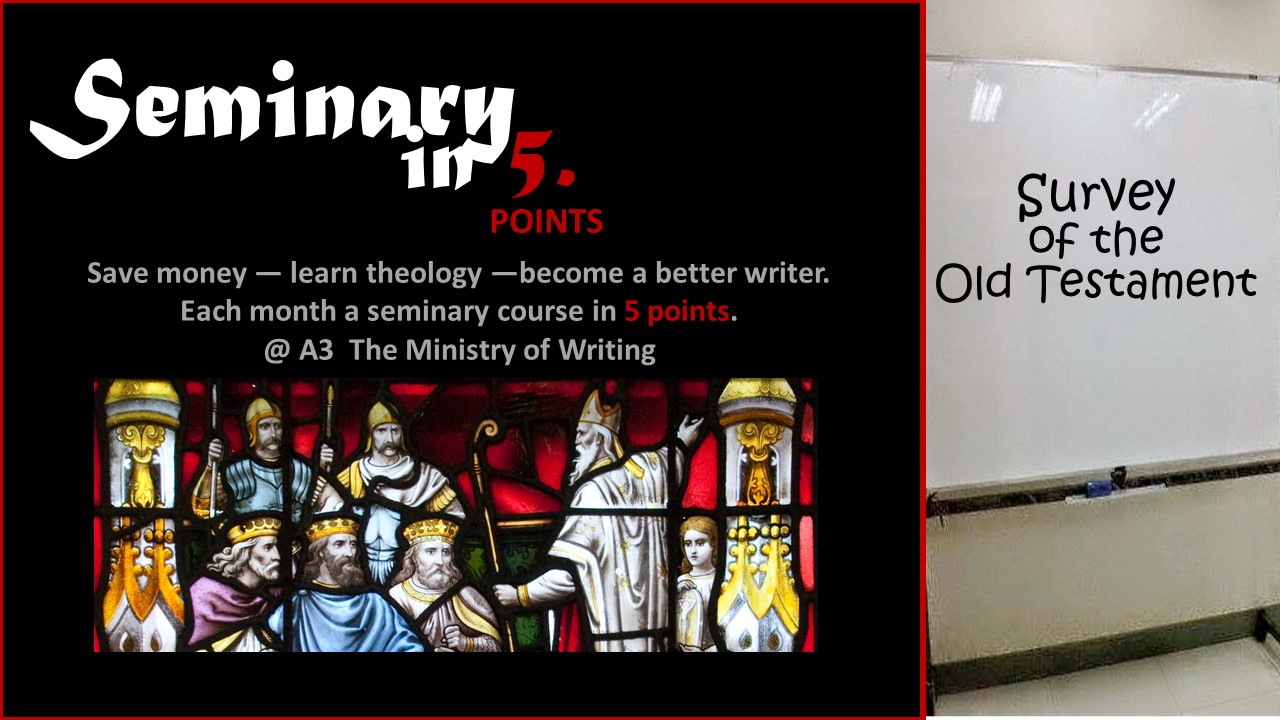
Save money. Learn theology. Become a better writer. Minister more effective. That’s my hope for you. In this second…
January 10, 2017
Plenty of ink has been spilled and battles fought over the necessity and superiority of the Oxford or serial…
December 26, 2016
Three days before Christmas, a delivery man turned in our driveway, honked the horn, and requested my signature. Then…
December 23, 2016
By Sandra Merville Hart Somewhere in the midst of writing my second novel my story started to get…
December 21, 2016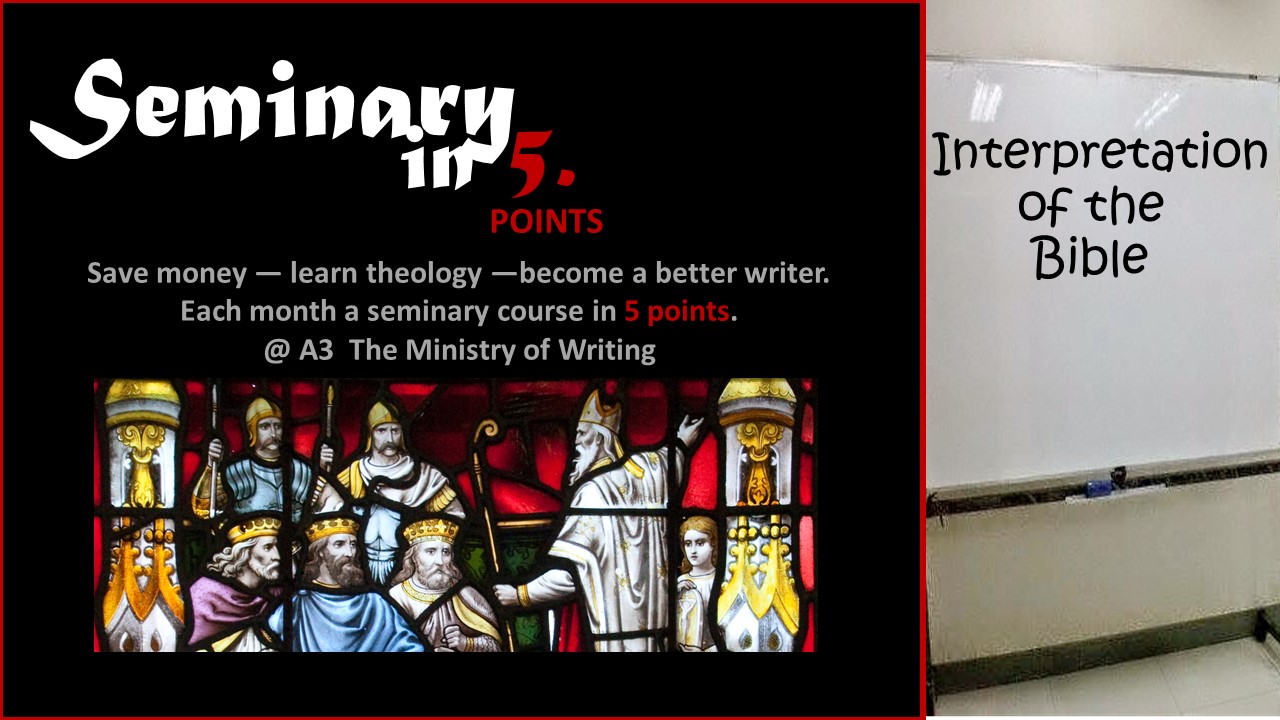
Save money. Learn theology. Become a better writer. Minister more effective. That’s my hope for you. In this second…
December 10, 2016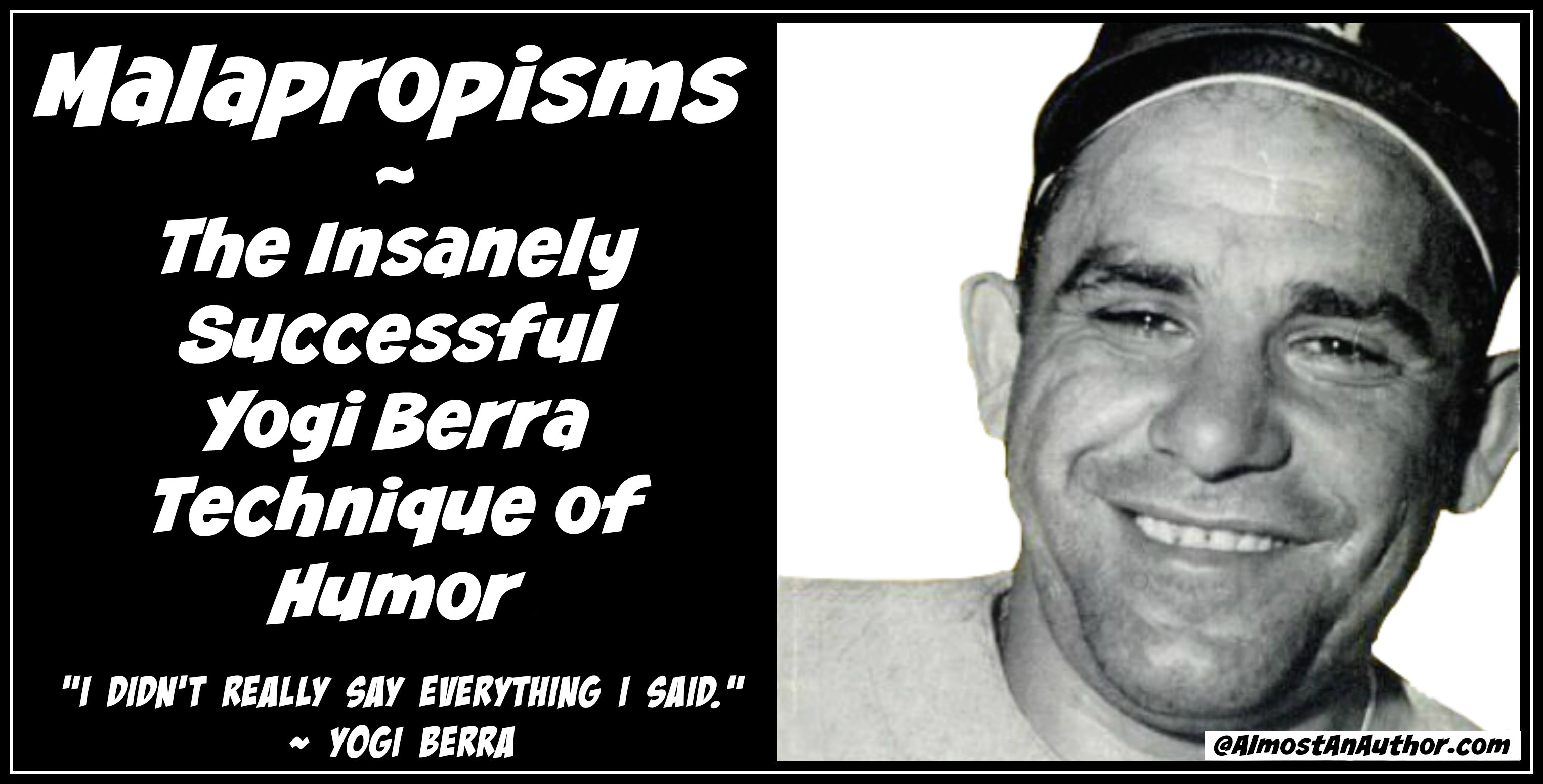
Malapropisms “When you come to a fork in the road, take it.” Say what? A malapropism sounds more like a…
November 24, 2016
Need a bit of insight as you ready the pen or laptop today? Consider the following from one of…
November 23, 2016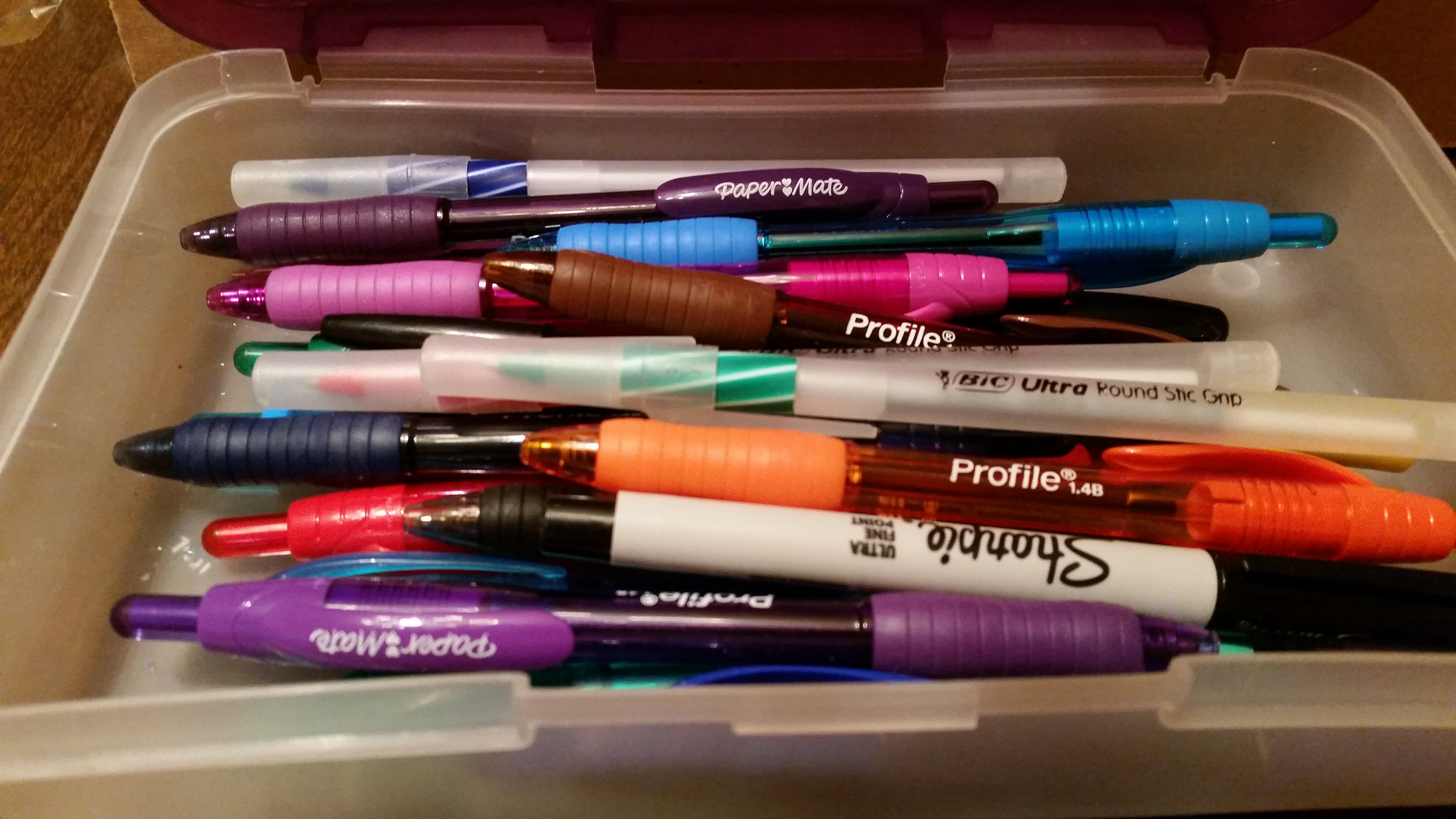
Writers write because we love to use words, but let’s face it––even though we say we write for ourselves,…
November 22, 2016
We’re still a few days away from Thanksgiving, but we sometimes receive Christmas cards a few days after celebrating…
November 17, 2016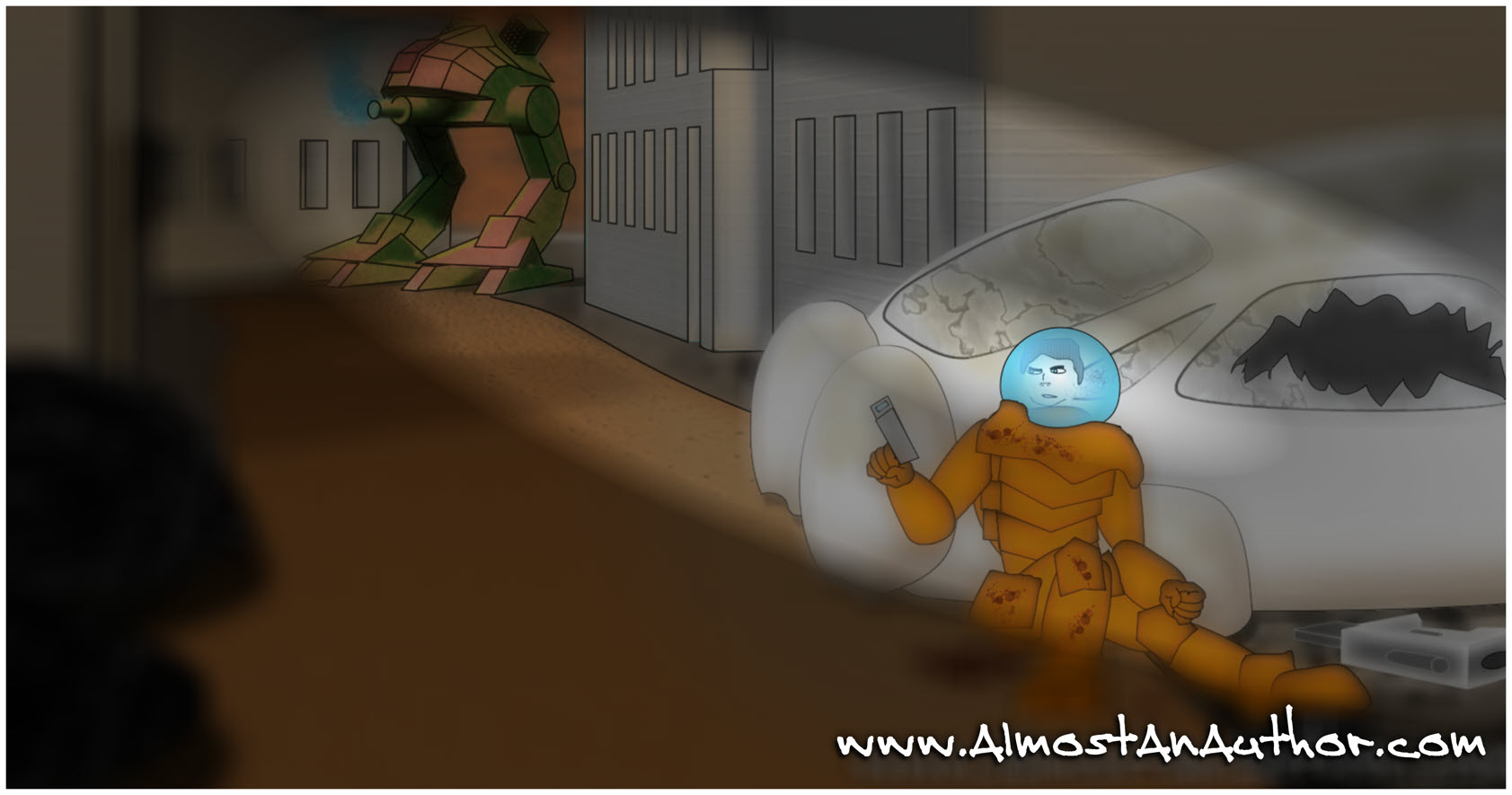
The carbine was still jammed and Jim couldn’t do anything to fix it. He finally tossed it aside and…
November 9, 2016
Earlier this week I wrote a post for my own blog and was reminded about two things: the difference…
October 18, 2016
The murmur of countless alien tongues subsided as the chairman of the interstellar council called for order. The delegates…
October 11, 2016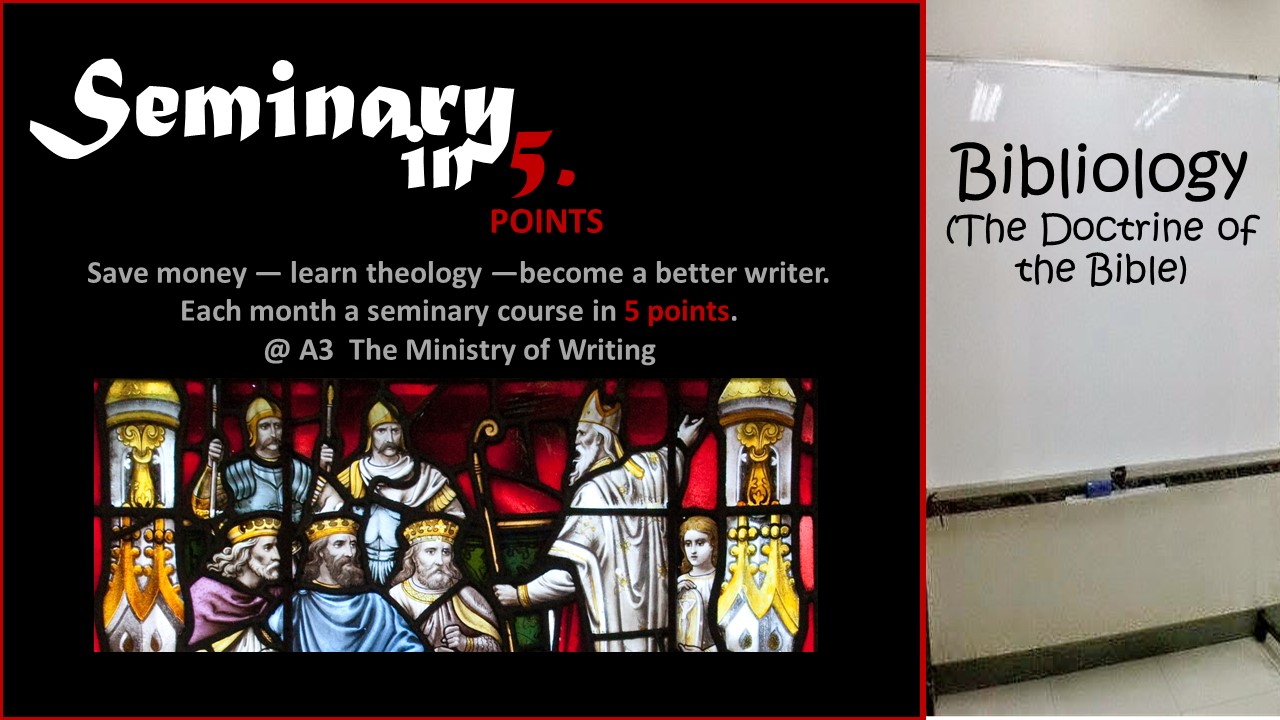
Save money. Learn theology. Become a better writer. Minister more effective. That’s my hope for you. In this second…
October 10, 2016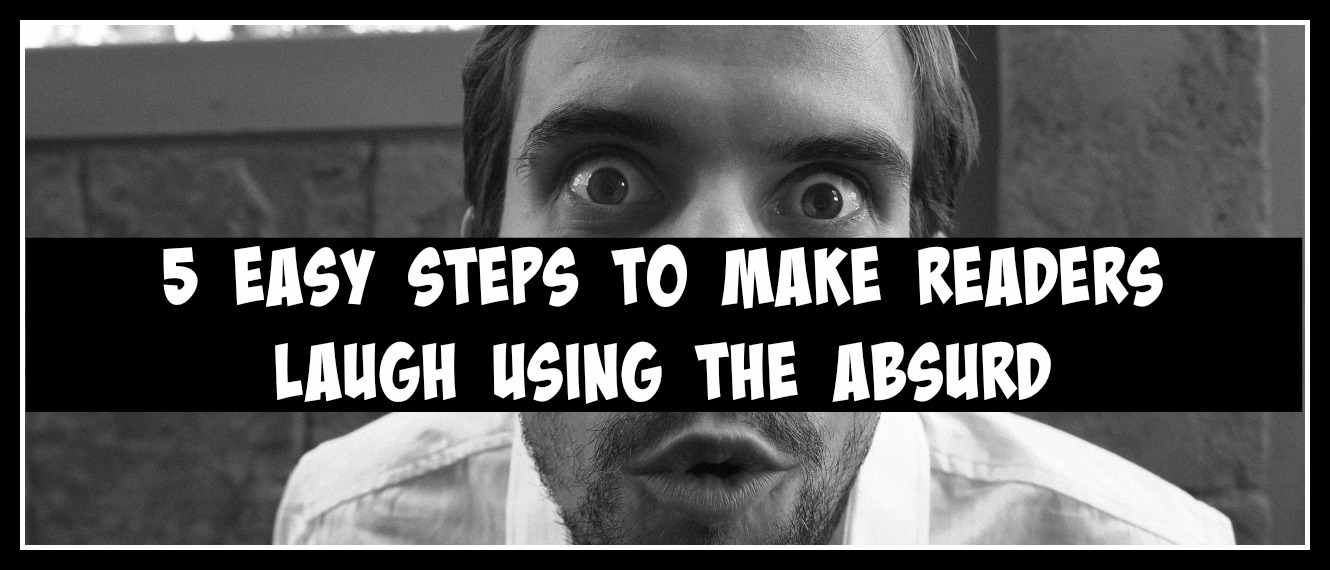
Ever laughed in an absurd situation or at an absurd time? Sure you have. We’ve all done it. Our friend…
September 24, 2016
This month’s post is all about words you might be hearing and saying and, consequently, writing improperly. We’re not…
September 17, 2016
Yes, we’re continuing to visit confusing words because the English language abounds with them. Here are a few…
September 17, 2016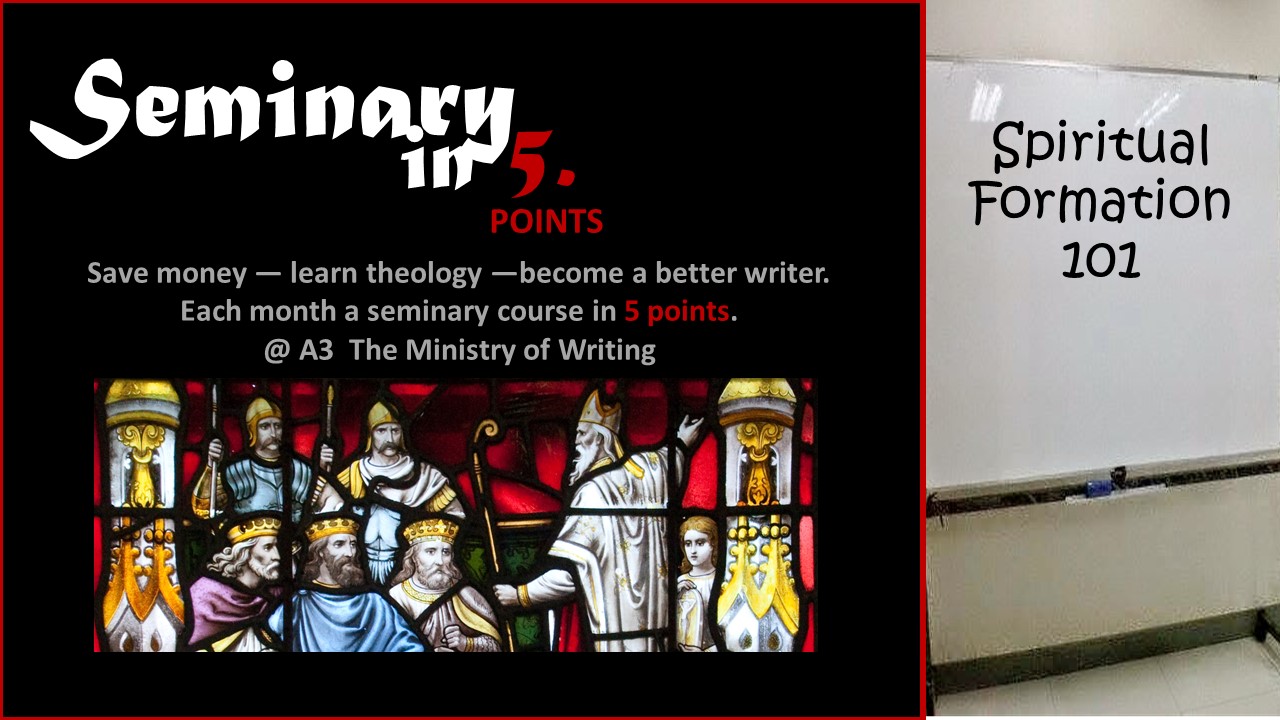
Save money. Learn theology. Become a better writer. Minister more effective. That’s my hope for you. In this second…
September 12, 2016
As Tatooine’s twin suns slowly inch to the sand dunes in the horizon, a lone figure strains his eyes…
September 11, 2016
When building a writer platform, few of us consider hiring a virtual assistant, or VA. Most of us are…
September 3, 2016
Welcome, Jerry. We are honored to have you partner with us. Can you share a little about your recent book?…
August 1, 2016
The setting sold us. A property with mature trees and a creek running behind it. Even in March, with…
July 25, 2016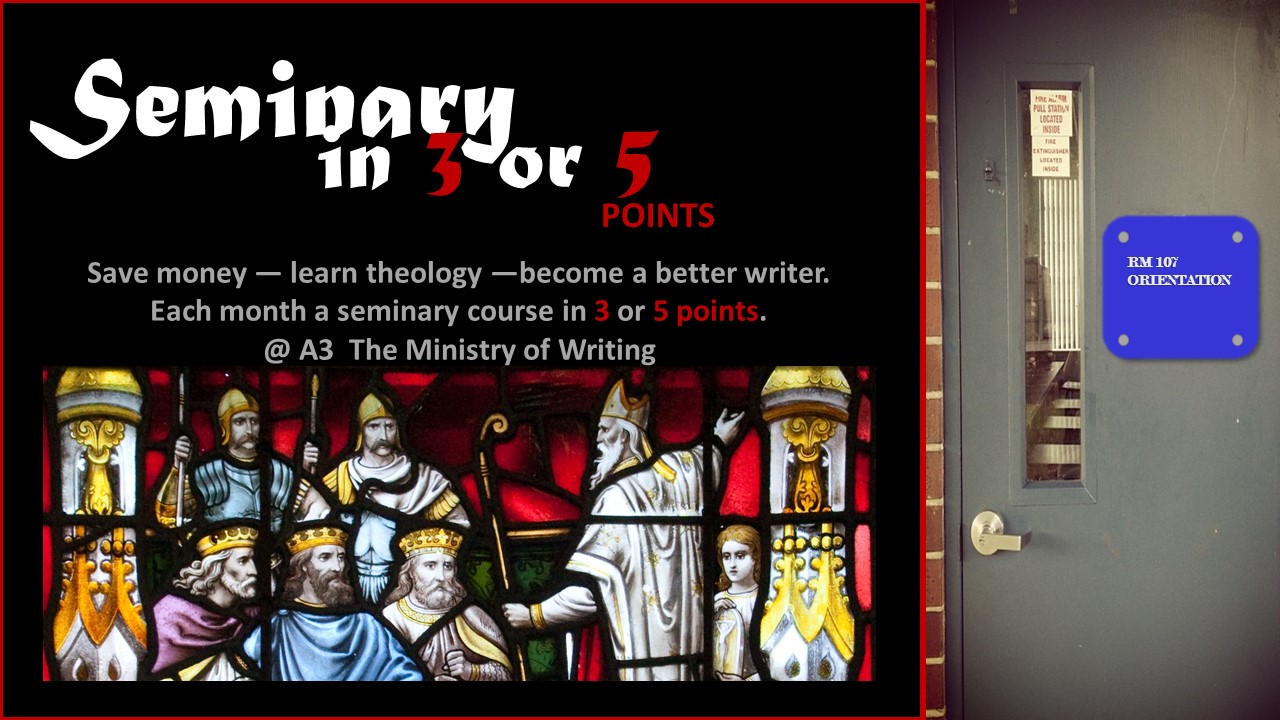
Save money. Learn theology. Become a better writer. Minister more effective. That’s my hope for you. In this second…
July 24, 2016